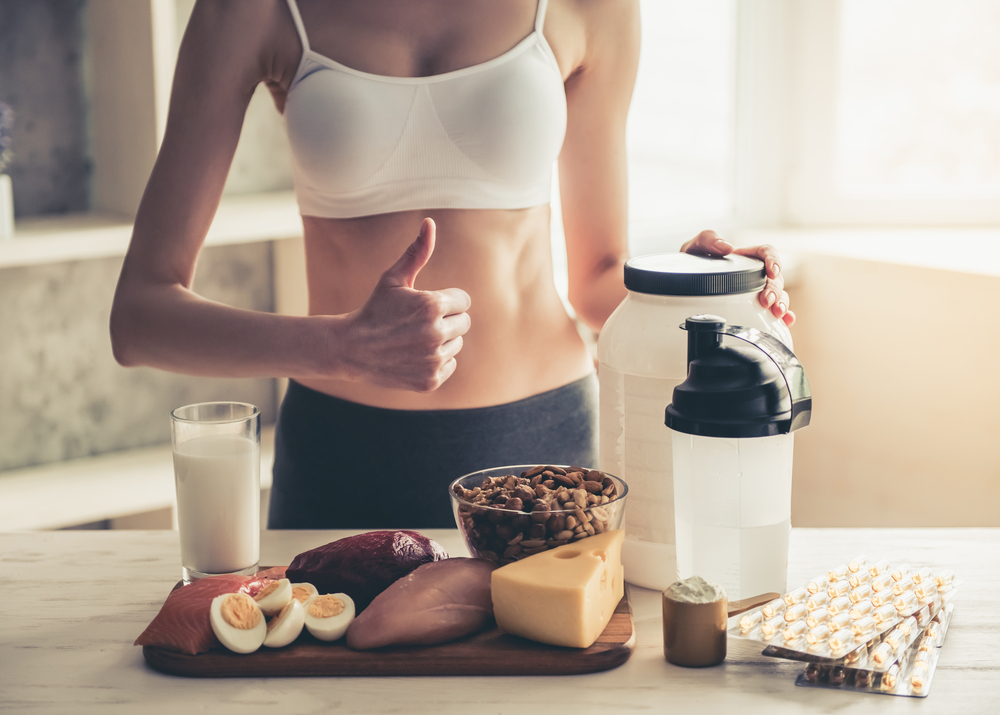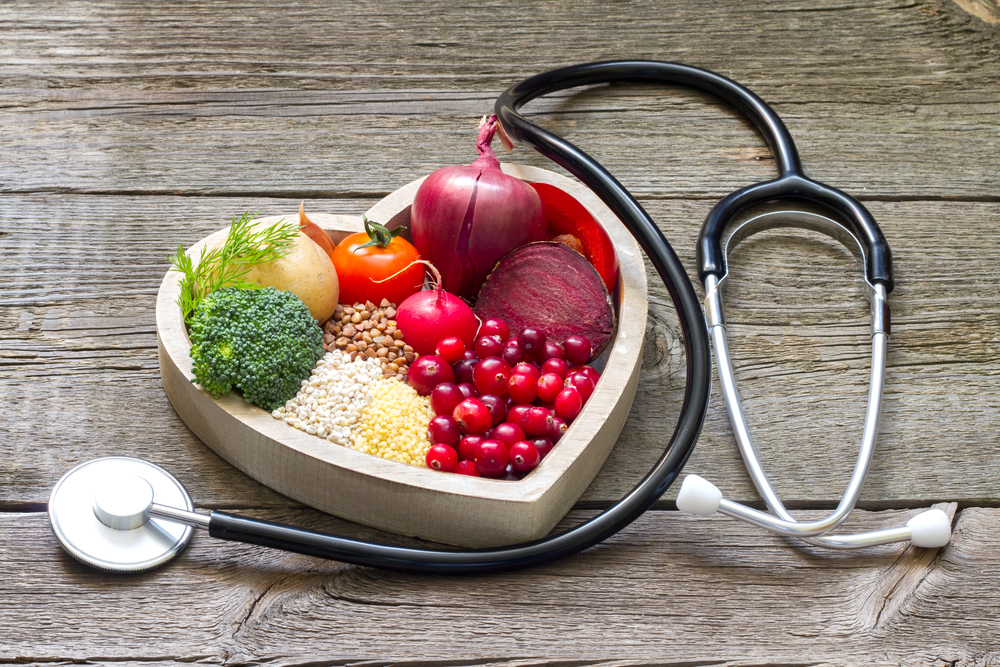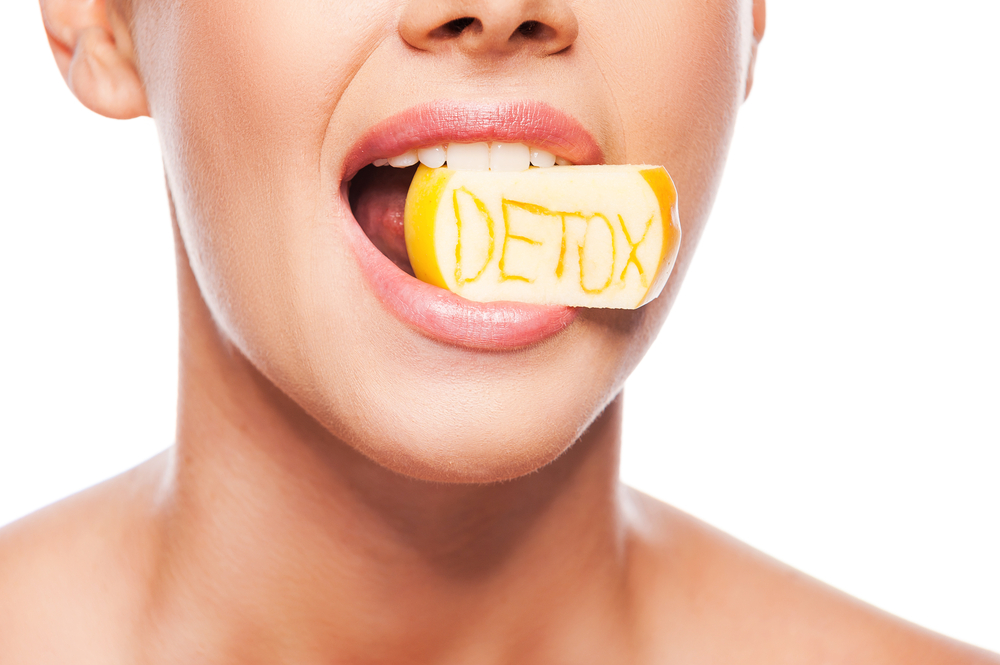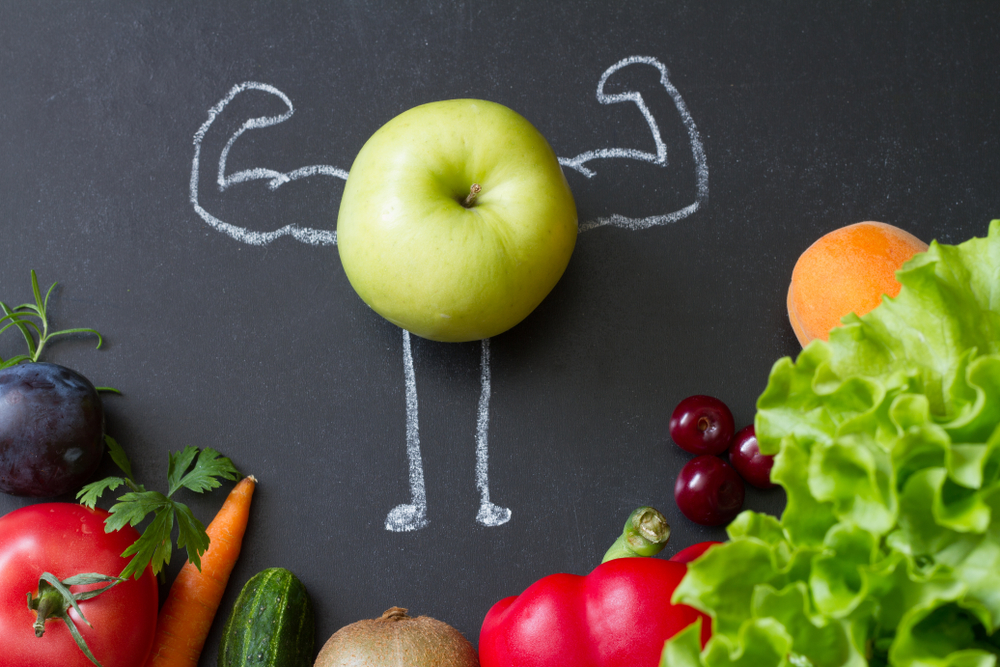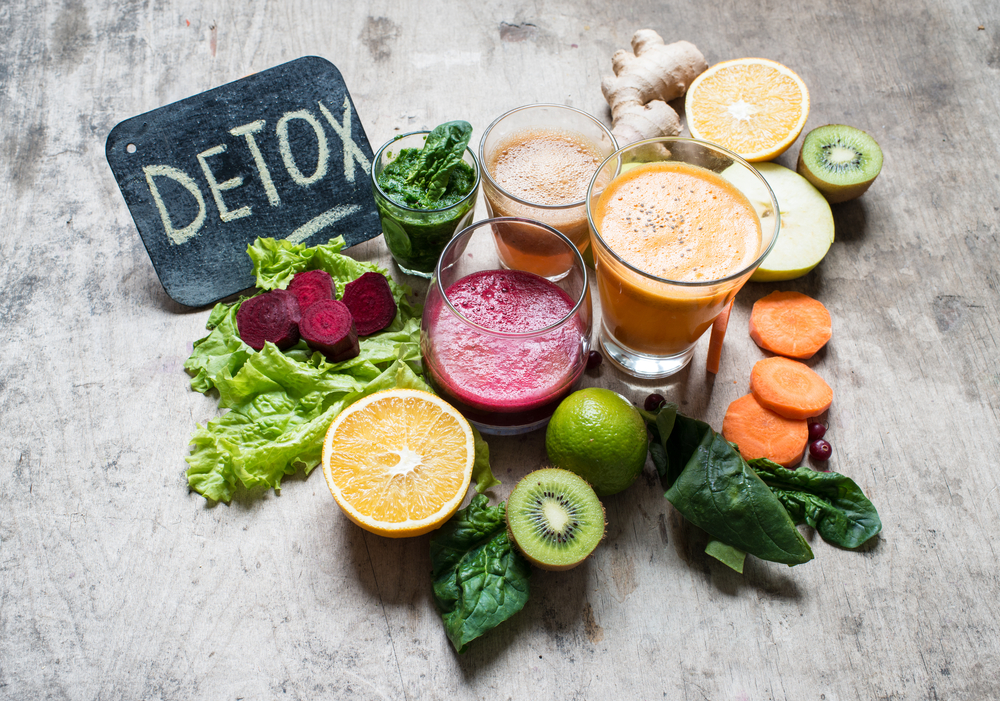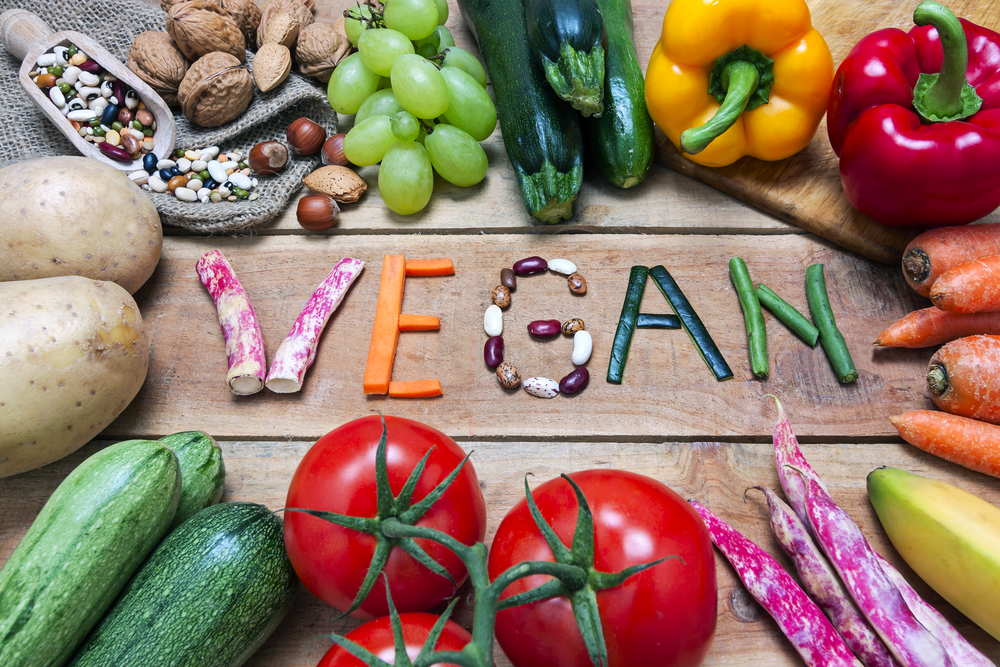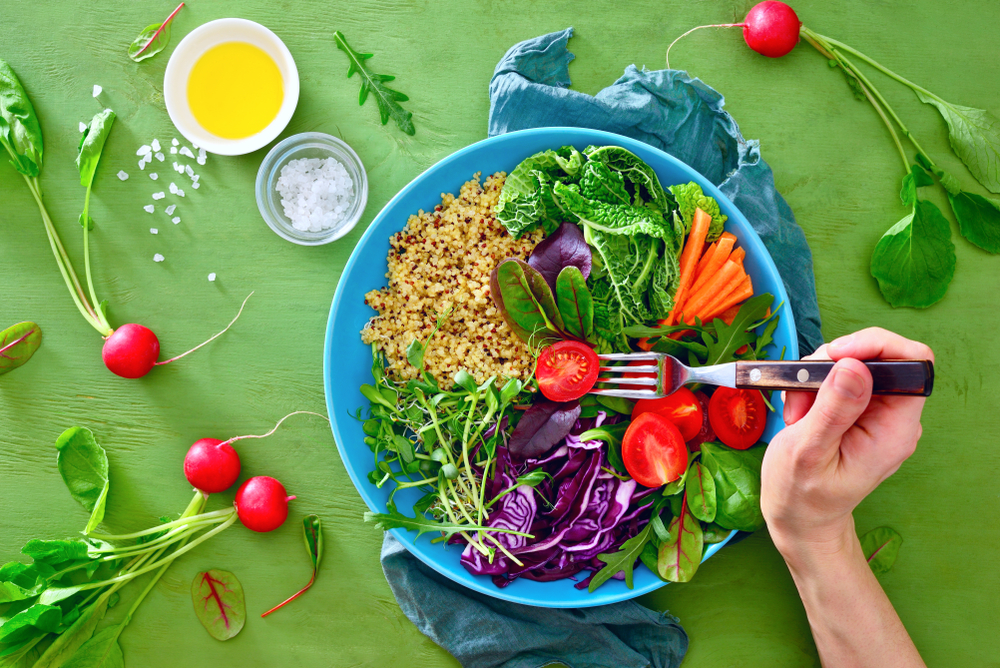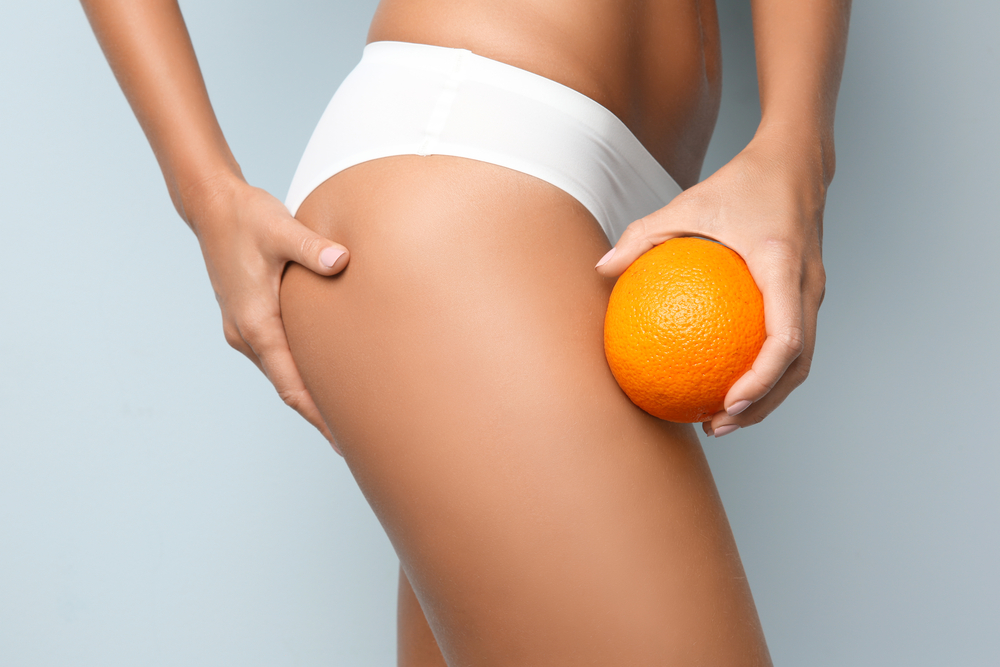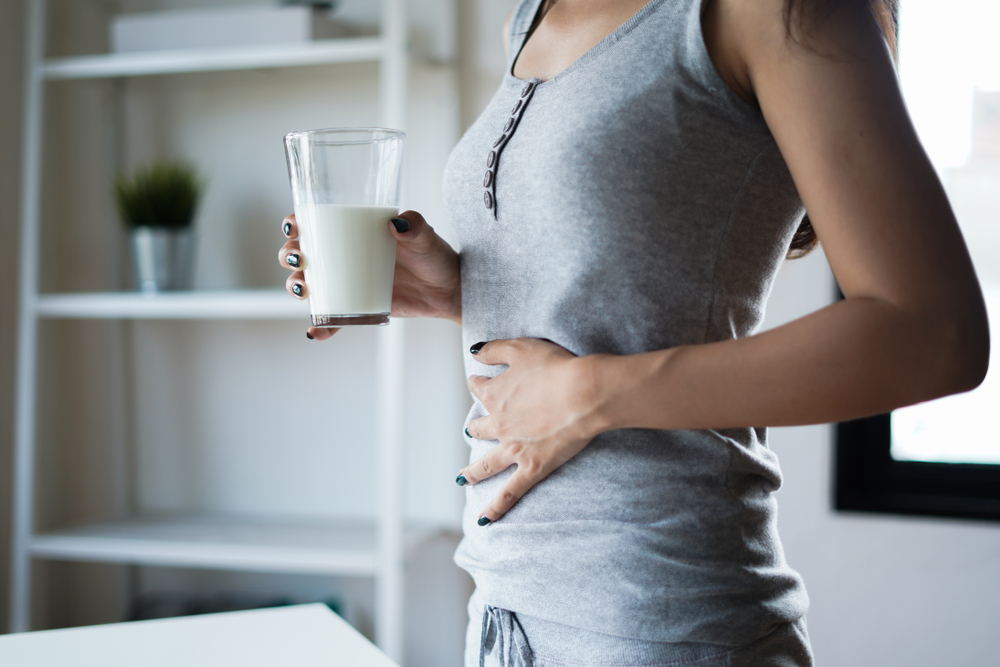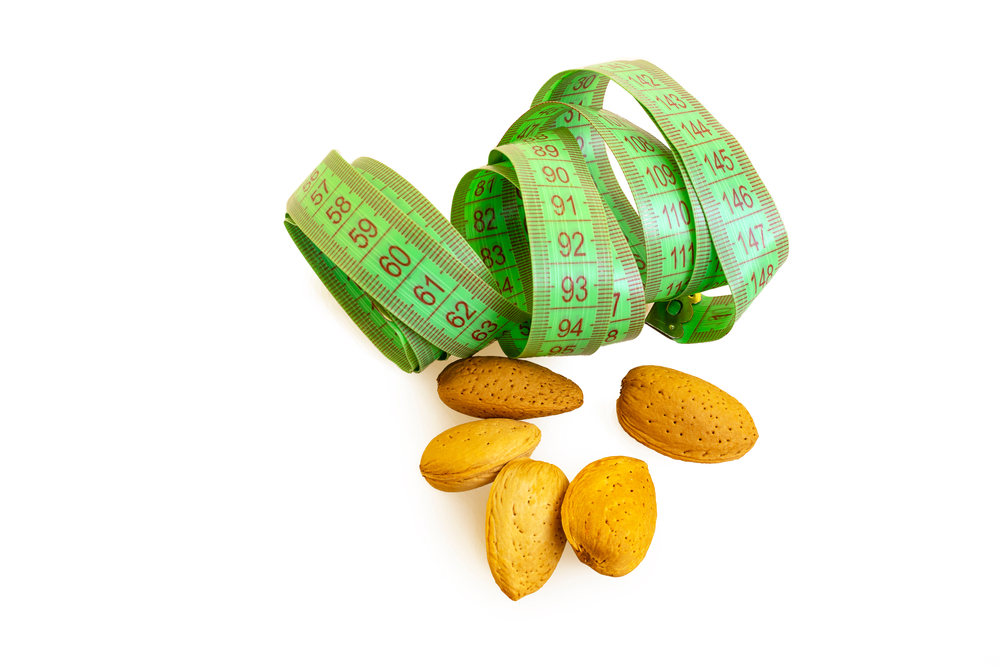THE HORMONAL BALANCE, IN PERPETUAL EVOLUTION. . .
Our bodies are constantly synthesising hormones. Hormones are messengers that circulate in our blood and regulate the functioning of certain organs or tissues. Estrogen, for example, affects bones and muscles, fatty tissue, energy and mood, while progesterone acts as a natural soother, drains body fluids and helps to regenerate bone tissue. Thus these two hormones work hand in hand.
However, this balance is sometimes modified by internal changes (pregnancy, breastfeeding, menopause) or external changes (stress, emotional shock, overwork, stopping the pill, etc. ).
This is where the hormonal imbalance occurs:
When there is too much oestrogen: premenstrual syndrome, sleep problems, weight gain, water retention, stress, slowing down of the metabolism. . .
When oestrogen levels are low: low libido, infertility, menstrual irregularity, stress, emotionality (we become Dr Jekyll & Mr Hyde in terms of mood. . . ).
When the adrenals are overworked: fatigue, muscular pain, anxiety and depression, sleep disorders, concentration problems, emotionality.
All these imbalances are caused by a combination of factors such as diet, medical history, genes, stress levels and exposure to environmental toxins. Many of these factors can therefore be addressed, including through an appropriate diet.
Here are some keys to a restored hormonal balance. . .
THE PREMENSTRUAL SYNDROME
The premenstrual syndrome, PMS, is a set of physical and psychological manifestations punctuated by the cycle, appearing before the period and giving way at the time of the period.
The hormonal fluctuation during the premenstrual period is the cause of pain, partly due to an excessive production of prostaglandin, but a deficiency in nutrients could also explain the pain.
SOME NATURAL REMEDIES:
To relieve cramps, think of peppermint as antispasmodic and ginger as a muscle relaxant.
Turn to an anti-inflammatory diet (pumpkins, sweet potatoes, pineapple, nectarines, almonds, cinnamon) and one rich in omega 3 (rapeseed oil, linseed oil, oily fish, etc. ).
Indeed, a diet too low in polyunsaturated fatty acids will promote low-grade inflammation, fuel premenstrual syndrome and slow down your metabolism.
To support your mood: cottage cheese, bananas, brown rice and oats will boost your serotonin levels, a neurotransmitter that plays an important role in regulating mood and morale.
Magnesium is another of your allies: muscle relaxant and anti water retention (sprouted seeds, almonds, hazelnuts, walnuts) to be coupled with vitamin B6 (sprouted seeds, fresh brewer's yeast, egg yolk, beef liver, green vegetables).
L. G. A. (gamma-linoleic acid) will regulate the production of prostaglandin and support and balance progesterone levels: borage oil, evening primrose oil.
THE LITTLE EXTRAS :
In Chinese medicine acupuncture to relieve pain by restoring the circulation of blocked energies (or Qi).
In a lying position, inhale deeply, hold your breath for 4 beats and then exhale slowly. Repeat. . .
In ayurveda, massage your belly with warm sesame oil in circular movements. It is advisable to eat vegetarian food at this time of the cycle.
Training and hormone secretion
Training stimulates the secretion of certain hormones such as growth hormones which support adaptation and help to increase lean body mass, bone density, reduce visceral fat and improve hormonal balance.
On the other hand, a dysfunction of the endocrine hormonal system will impair performance.
Changes in oestrogen levels due to too much sport can affect physical development, cycles and impact bone health. This is in addition to the adverse effects of consistently low hormone levels due to contraceptive use.
These same hormonal imbalances will result in a digestive system that is less efficient at absorbing nutrients from food.
Therefore, it is essential for any sportswoman to know her hormonal profile in order to ensure a healthy menstrual cycle, to avoid any drop in form and to optimise training and performance.
Solutions
1- Support the action of the liver with draining and tonic cures several times a year.
Berries will act as natural astringents for the liver: strawberries, goji berries, blueberries, blackberries, raspberries, blackcurrants. . .
Cruciferous vegetables (broccoli, kale, cauliflower, rocket, cabbage, Brussels sprouts) to help eliminate harmful oestrogens.
Use adaptogenic plants (ashwagandha, holy basil, astragalus, rhodiola. . . ) which promote hormonal balance and protect the body from excess stress.
Phytoestrogens can partially block the negative effect of oestrogens. If there is a deficiency, they can fill part of the need (flaxseed, pumpkin, sunflower, alfalfa, clover, legumes. . . ).
Progesterone-like plants: chasteberry, alchemilla, yarrow.
2- Make sure you sleep well
Melatonin (sleep hormone) balances the excess of oestrogen in the body.
3- Watch your weight
More body fat means more oestrogen circulating in the body, hence the need to check your thyroid gland (when its activity is too low, you burn fewer calories. The result: fatigue and a few pounds).
Last but not least, don't forget to consult your naturopath who will be able to give you the best protocol to follow for a more complete and personalised approach. Take care of yourself!



